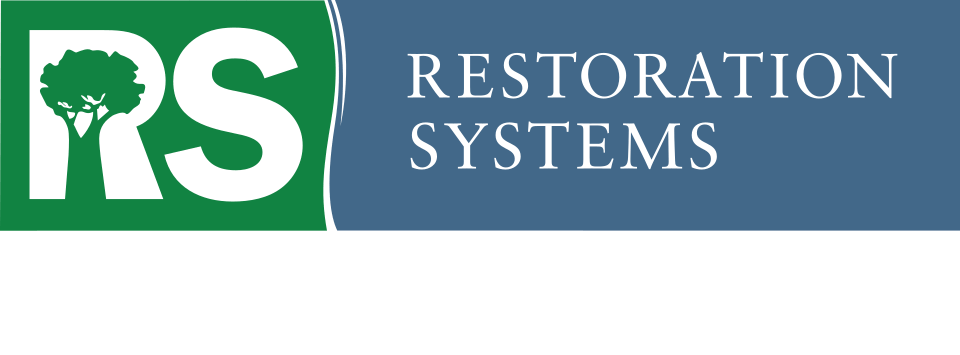County accepts offer of land
County commissioners accepted a company’s proposal Monday to create Johnston’s first county-owned park at the site of the Lowell Mill Dam outside Kenly.
The 17-acre park will provide public access along a stretch of the Little River near Interstate 95 for fishing and other activities.
Restoration Systems, LLC has a federal permit to remove the dam, which a state task force has said will replenish populations of migratory fish, such as sturgeon and striped bass, in the river.
In November, the company offered the three-fourths of an acre of land it owns to the county for use as a park, along with an endowment of $140,000.
Partner and founder George Howard said the company also would throw in a parking lot, rope-and-post fencing with fence installation team and interpretive signs on the history of the dam and the ecology of the river.
Since then, the company has agreed to buy more land, enlarging the park offer to 17 acres.
Commissioners were skeptical of the plan, voicing concerns about the cost of upkeep and being held responsible for accidents at the park.
The dam is already a popular, if perilous, fishing spot. At least three people have drowned there, caught underneath currents created by the dam.
Under the new agreement, the county will sidestep the liability caused by the dam by taking over the park only after the dam is removed in the fall.
Interest from the endowment will be used to pay for maintenance, and insurance for the park, officials said.
Chairwoman Cookie Pope said the park will provide much-needed recreation for county residents. She also acknowledged that owning the park is an oddity for a county that has shunned the idea of creating a county recreation department.
“It’s one of those things that just falls in your lap,” Pope said. “It was an excellent offer and one we just couldn’t turn down.”
Restoration Systems specializes in environmental mitigation. It buys sites and improves their environmental status, then sells what are called “mitigation credits” to companies that need them to be compensated for the environmental problems that come with development.
Howard said the company has donated more than 600 acres for conservation and recreation after other projects it has completed.
“This is something we are doing for the long-term benefit of our company and to leave a good project behind,” Howard said.

